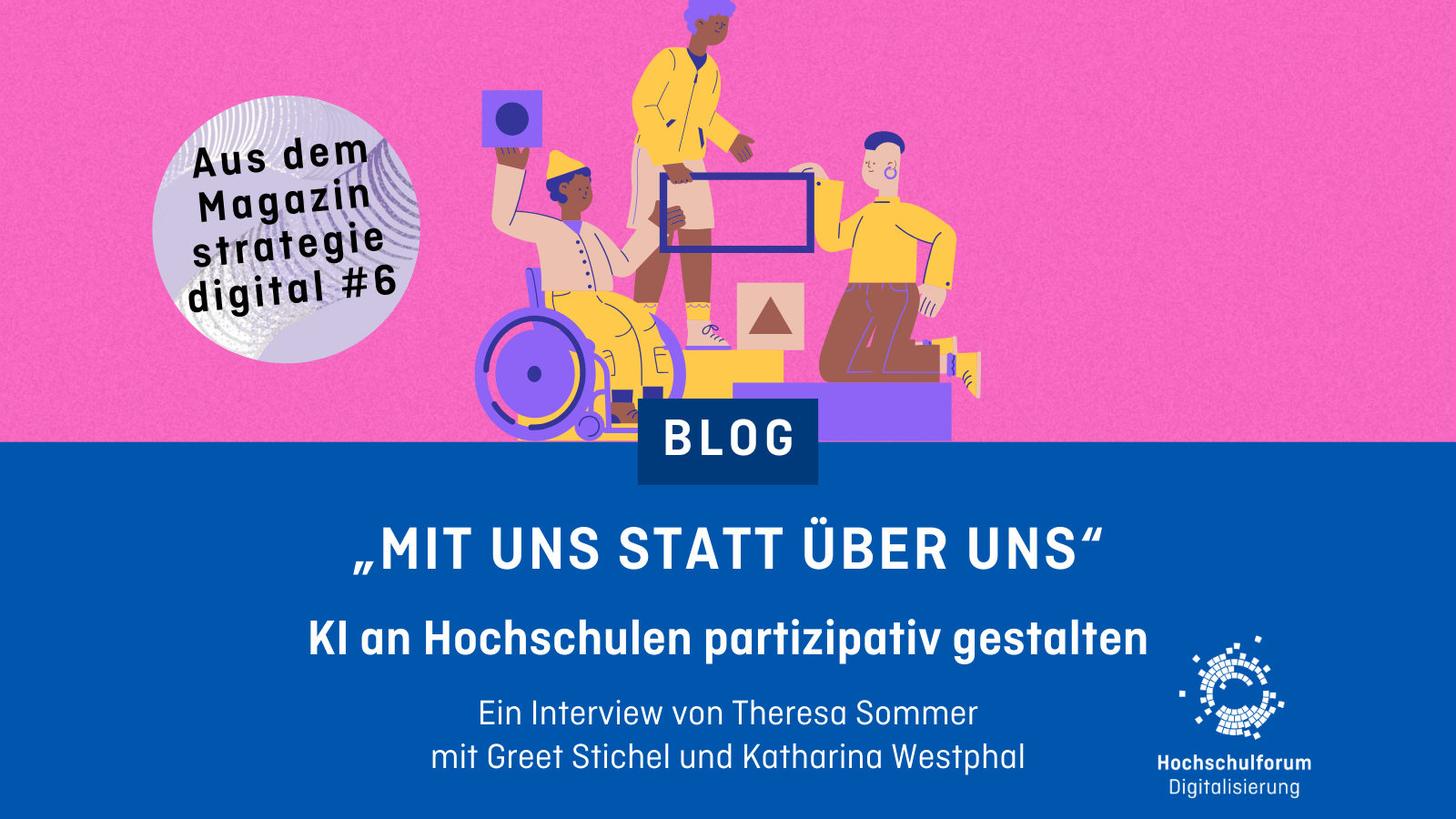Delegation trip to Estonia: Preliminary insights into modern educational approaches in cyber security and digital teaching
Delegation trip to Estonia: Preliminary insights into modern educational approaches in cyber security and digital teaching
14.04.25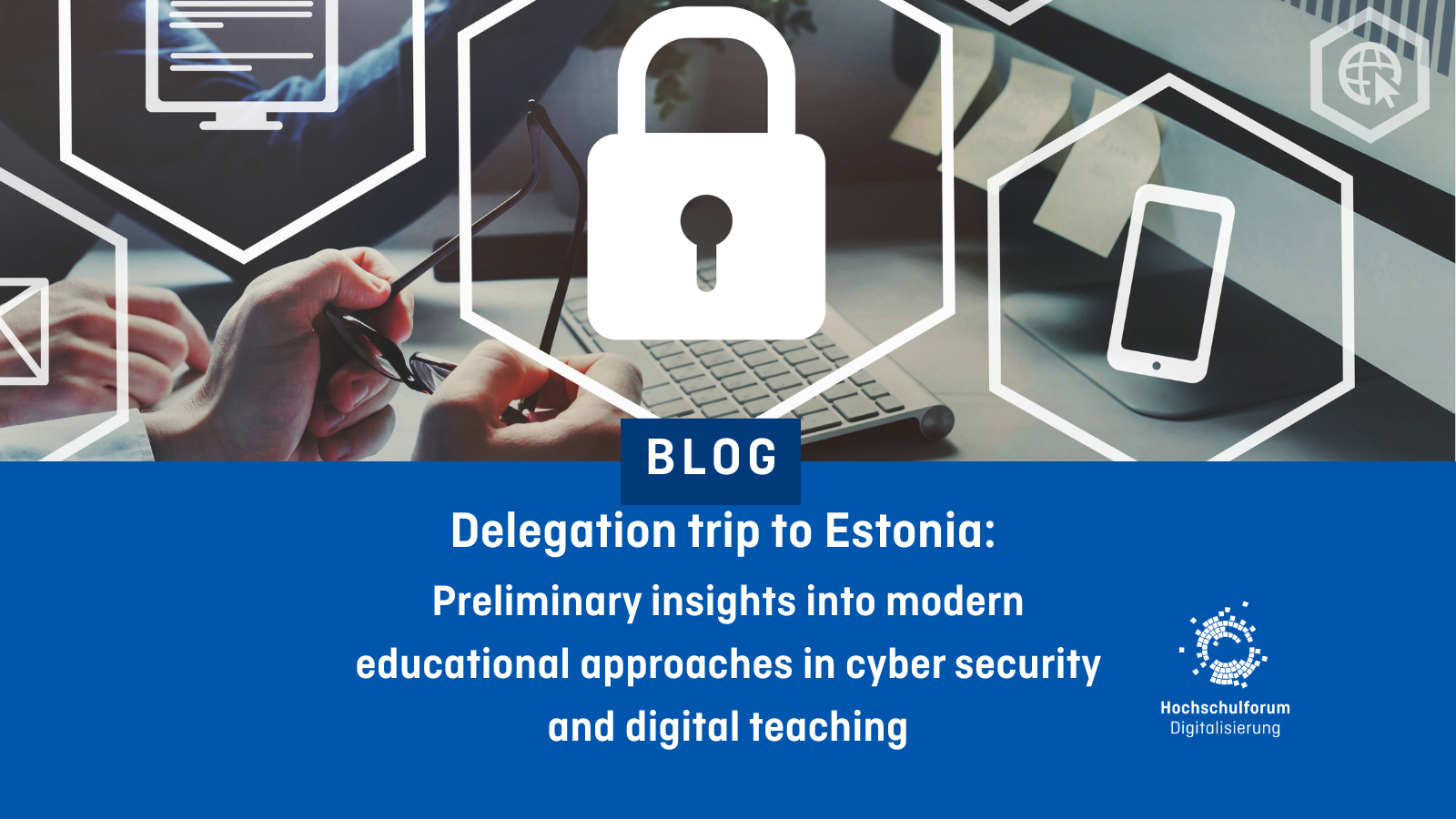
How can universities prepare students for the challenges of cyber security in a practical way – and what can be learned from other countries? As part of a delegation trip to Estonia, Cyber Campus NRW is looking for international impulses for digital teaching, student participation and cooperative education models. The blog post highlights the expectations of the trip and its relevance for the German higher education landscape.
The Cyber Campus NRW is a future-oriented cooperation between the Niederrhein University of Applied Sciences in Krefeld and Mönchengladbach and the Bonn-Rhein-Sieg University of Applied Sciences in Sankt Augustin. Together, they are tackling the challenges in the field of IT security and preparing the security experts of tomorrow. In doing so, they focus on practical training that does not take place in an ivory tower, but is always closely linked to the real world. This close cooperation between universities, other scientific institutions, companies and the public sector enables students to prepare themselves optimally for the growing demands of the cyber security industry and to gain valuable experience during their studies. In order to continuously achieve these goals and improve overall quality, it is important to look at how other countries, universities and administrations address the challenges and what perspective students from these countries can bring to the table.
As part of an upcoming delegation trip to Estonia, numerous valuable impulses for digital teaching and practice-oriented training in cyber security are therefore on the agenda. Particular attention will be paid to issues relating to student participation models, practical approaches in cyber security education, the further development of cooperation between the Bonn-Rhein-Sieg and Niederrhein universities and the findings for university administration. In this blog post, we take a look at the expected findings and their potential relevance for the German higher education landscape.
Students as active co-designers of teaching
Various evaluation and feedback methods are used at the Niederrhein and Bonn-Rhein-Sieg universities to improve digital teaching. Therefore, a central topic of the trip will be the active involvement of students in the design of teaching and how this is implemented in Estonia. From our point of view, students bring fresh perspectives and new ideas that can enrich the teaching process. We therefore expect to learn about student participation models that have already been successfully implemented in Estonia, which enable students to see themselves not just as passive learners, but as active co-creators of teaching. This approach can help to align digital teaching more closely with the actual needs and requirements of students.
In order to bundle and further develop this information, we will propose the introduction of an annual workshop in which students and lecturers jointly reflect on and further develop digital teaching formats. This would not only lead to a continuous improvement in teaching methods, but would also strengthen students in their role as active co-creators of education.
Realistic cyber security exercises
For cyber security and digital forensics students in particular, realistic cyber security exercises are an integral requirement of their studies so that they can prepare for real cyber attacks. We will have the opportunity to participate in or observe such exercises in Estonia. The aim is to discover methods and approaches that can be applied in your own education to provide students with hands-on preparation for real cyber threats.
An exchange with Estonian students and lecturers will enable us to identify new methods that could be useful for our own training (e.g. the BSI’s digital first aider).
An attacker’s perspective: offensive security and ethical hacking
Most university training programs in cyber security focus mainly on defensive measures. However, to effectively protect IT systems, students need to understand how attackers operate. We will be discussingspecific courses on offensive IT security and ethical hacking with lecturers and hope to use the findings to teach students about the strategies and methods used by attackers.
Ethical behavior in cyber security
Another key topic covered in Estonia is the question of ethical behavior in cyber security. The line between “good” and “bad” cyber security is often blurred, and many students are unsure ofthe legal (European) framework and ethical guidelines for hackers and security experts. In Estonia, we will therefore be discussing this with IT security managers, lecturers and lawyers.
We hope that through these discussions we can identify practical ethical dilemmas that are typical of cyber security and incorporate these findings into our own specialist projects or term papers. This includes looking at simulation exercises of social engineering in companies and organizations.
Open source programs and hardware
Cyber security training often involves high costs for hardware and software, which is a major challenge for students and universities. In Estonia, open source software and standard hardware are already being used successfully in digital forensics education. The aim of our trip is to find out which open source tools can be used on standard hardware and how, in order to implement further practical scenarios in digital forensics education. We hope to successfully integrate these into our own course to provide real-world forensics case studies and customized tools to our students.
Best practices in the further development of cyber security training
Cyber security is a global issue, and education should be too. In collaboration with Estonian universities, we want to develop ideas for cross-border cooperation. We plan to hold talks with Estonian experts to identify best practices and develop a first joint German-Estonian Cyber Security Summer School. This will include practical case studies and promote interactive cooperation with real companies.
Systematic comparison of digital knowledge transfer
Another focus of the trip will be a comparison of digital learning environments and teaching methods between German and Estonian universities. Through this comparison, we hope to develop concrete, student-centered suggestions for improvement, which we can then incorporate into the design of our own digital teaching formats.
IT security in administration and research
To ensure that not only digital teaching in the IT security and digital forensics courses is improved, but that the other organizational units of the universities also benefit from the trip, representatives of the university administration accompany this trip to exchange ideas with their Estonian colleagues on the implementation and operation of a digital university and digital university cooperation.
The “Cybersecurity Agreement” clearly formulates the requirements for universities with regard to IT security and the delegation trip can help to benefit from the Estonian findings.
Conclusion
The upcoming delegation trip to Estonia promises exciting and valuable insights into modern cyber security education and digital teaching. We expect to learn new methods, tools and best practices that we can integrate into our own educational approaches and that will help us to further develop the cooperation between the Bonn-Rhein-Sieg and Niederrhein universities at the Cyber Campus NRW on the one hand and to intensify cooperation with the Estonian universities for cross-border exchange on the other.
Autor
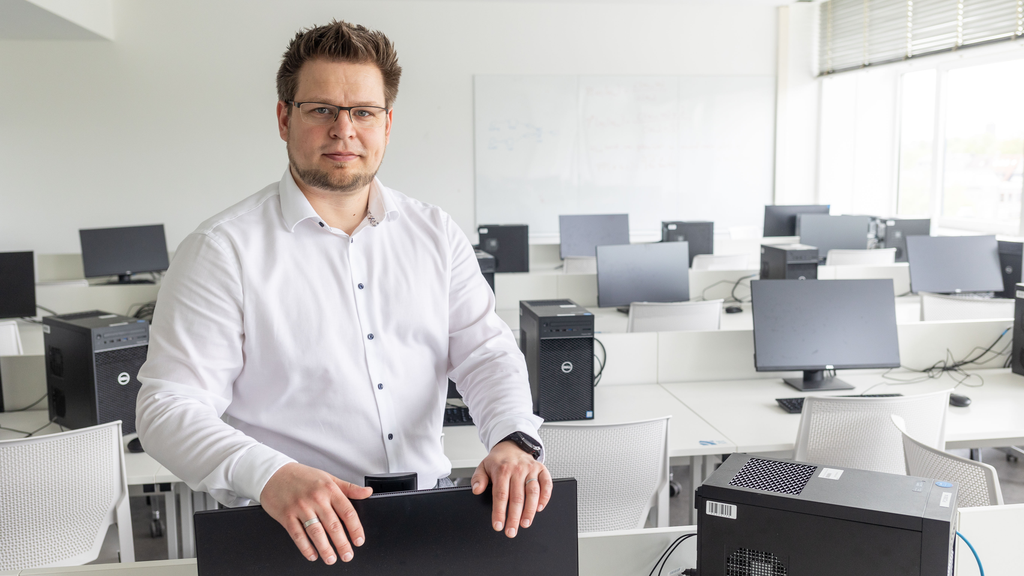
Martin Grothe
Prof. Dr.-Ing. Martin Grothe was appointed Professor of Applied Computer Science in the Department of Electrical Engineering and Computer Science at Hochschule Niederrhein for the summer semester 2024 and is also involved in teaching at the university's Cyber Management Campus.


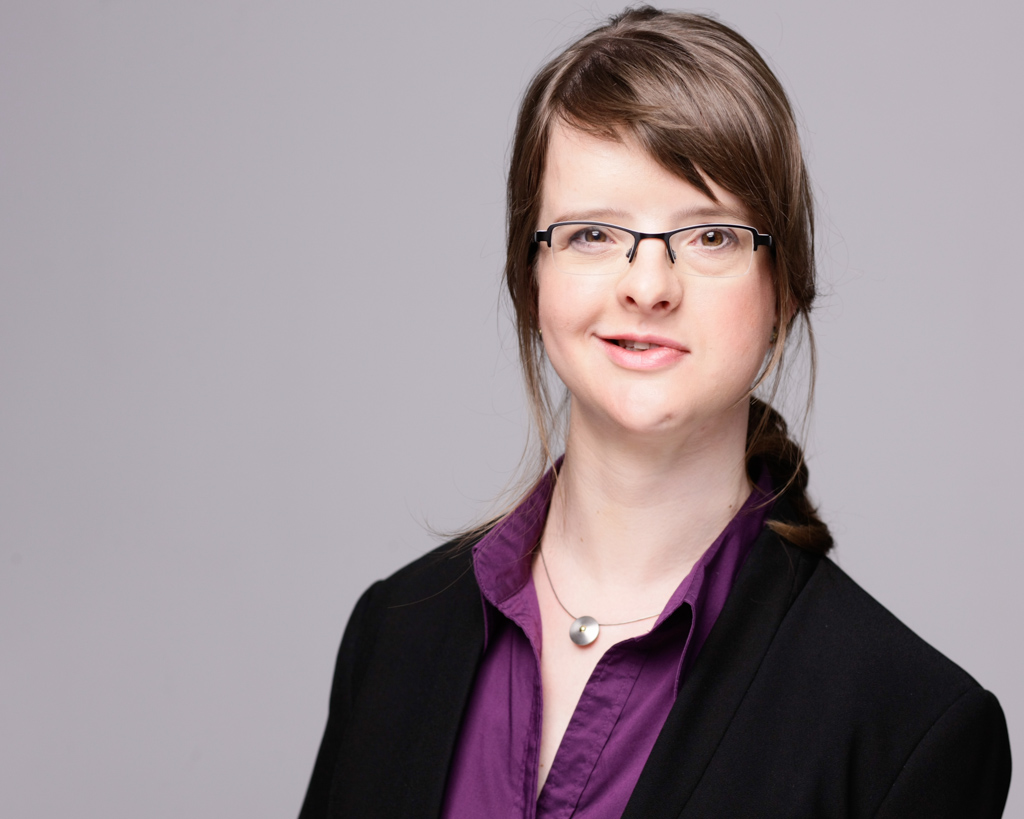 Dr. Klara Groß-Elixmann
Dr. Klara Groß-Elixmann 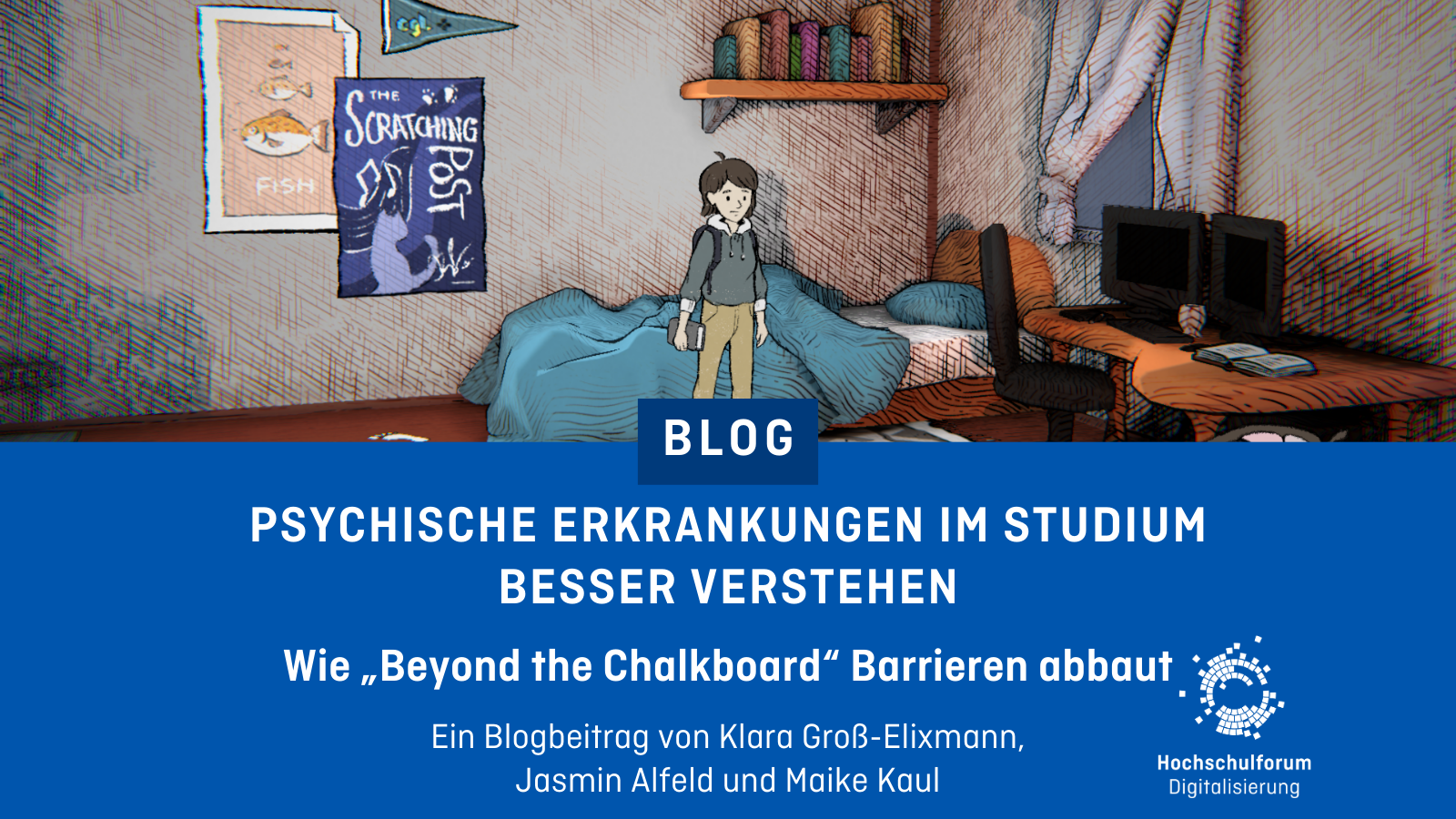
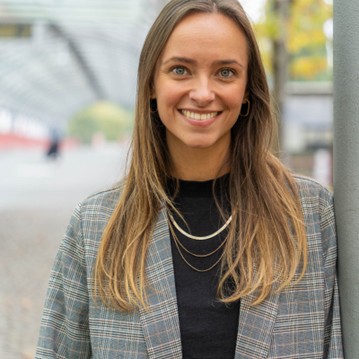 Kim Althoff
Kim Althoff 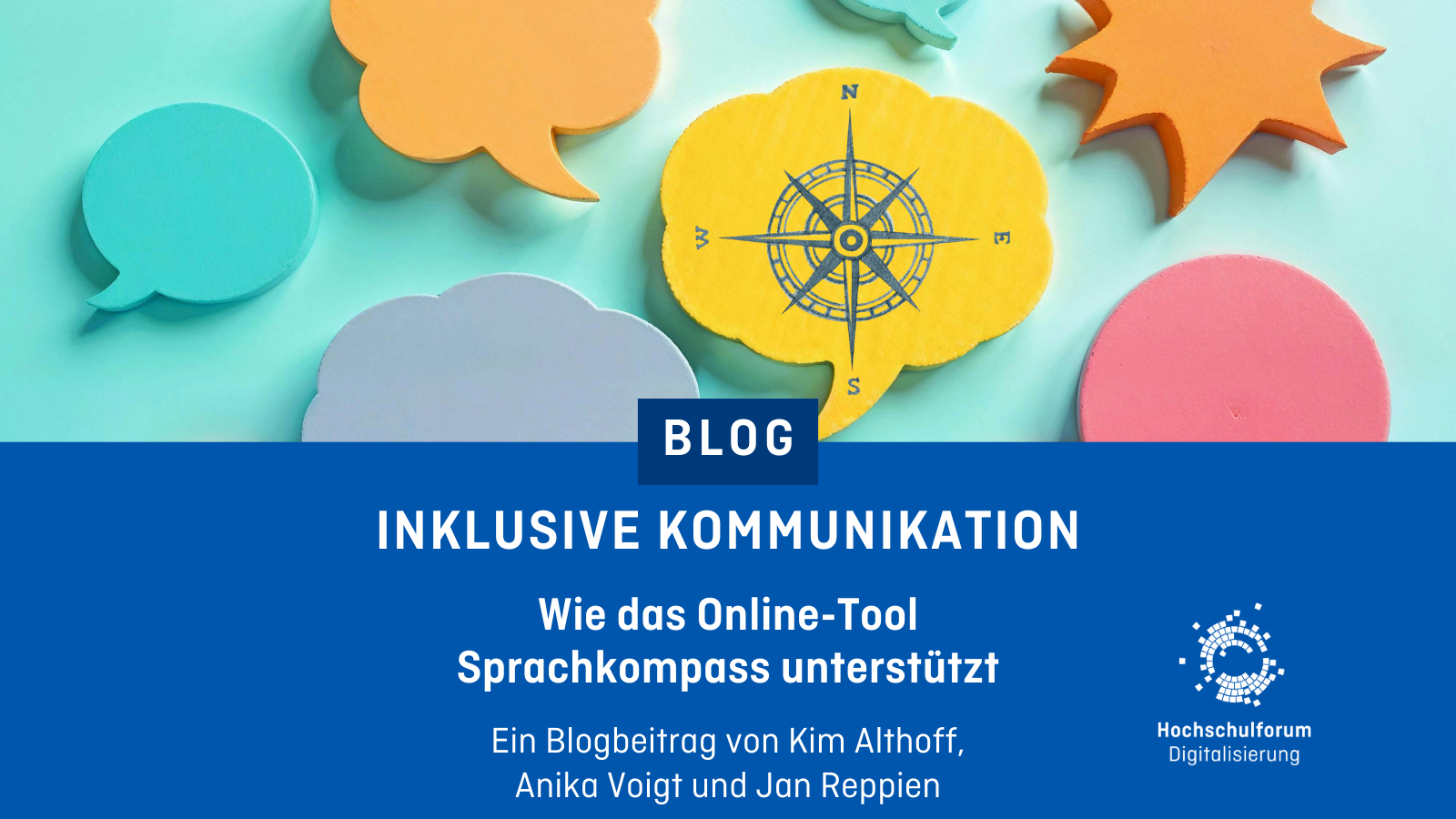
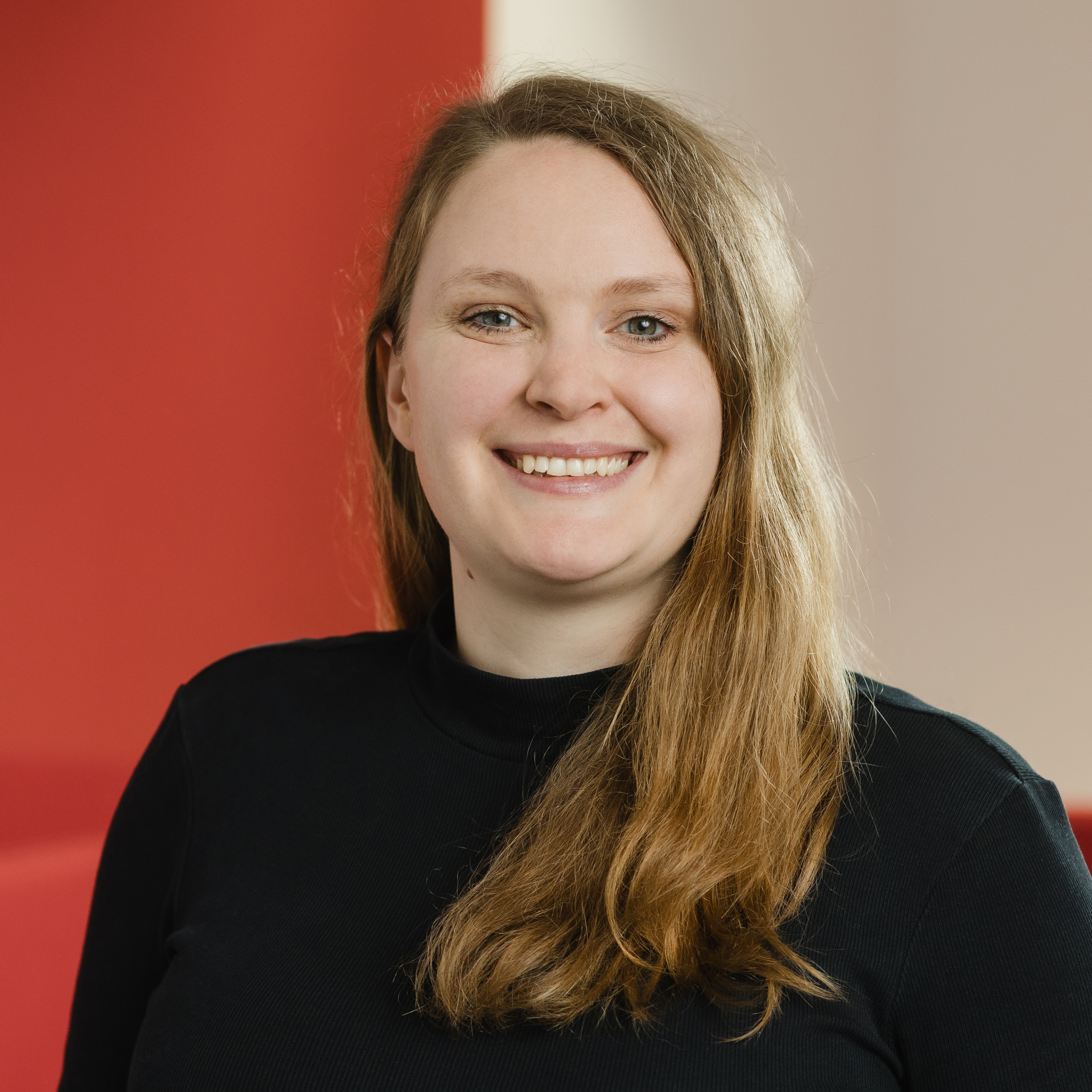 Theresa Sommer
Theresa Sommer 